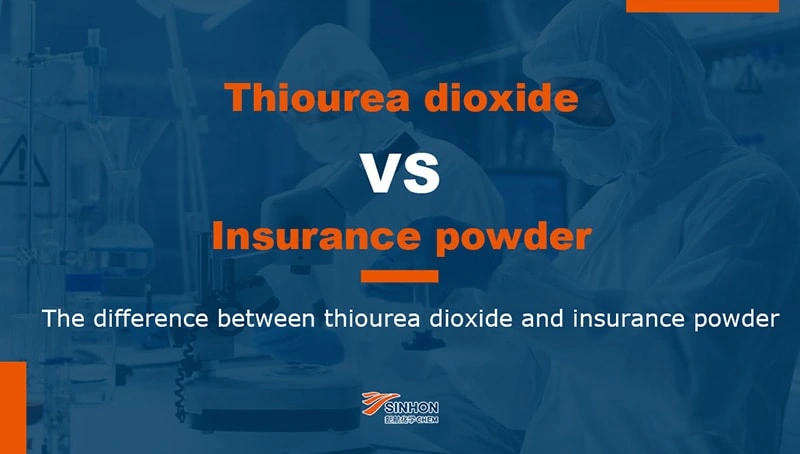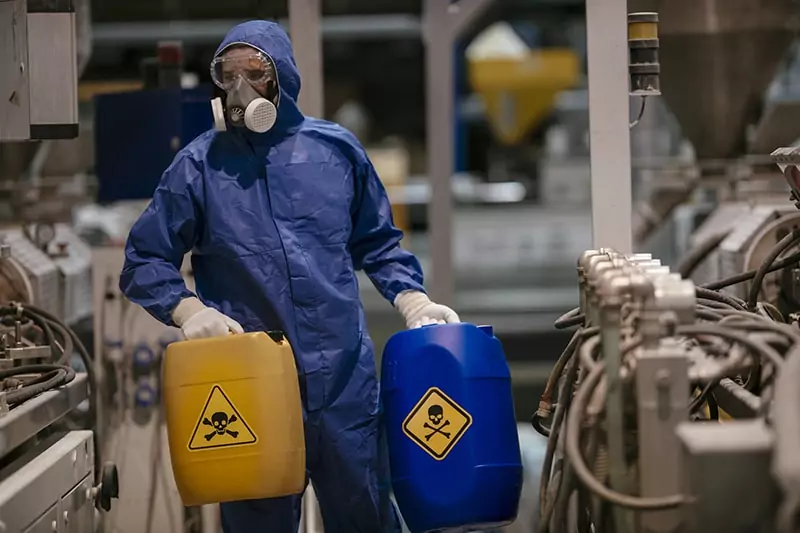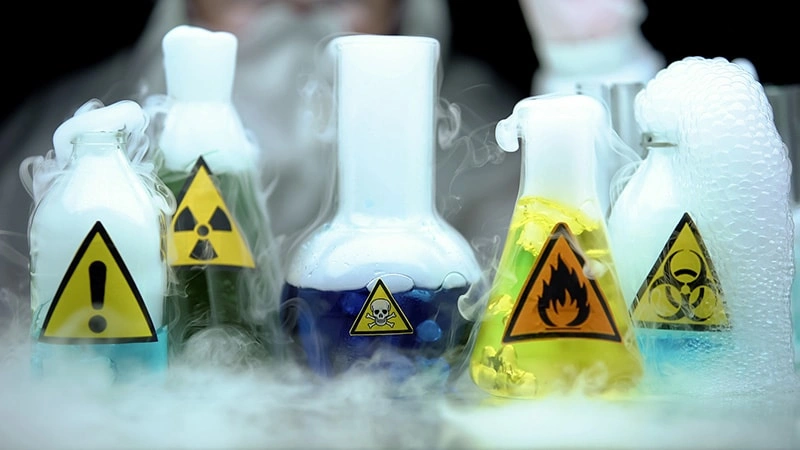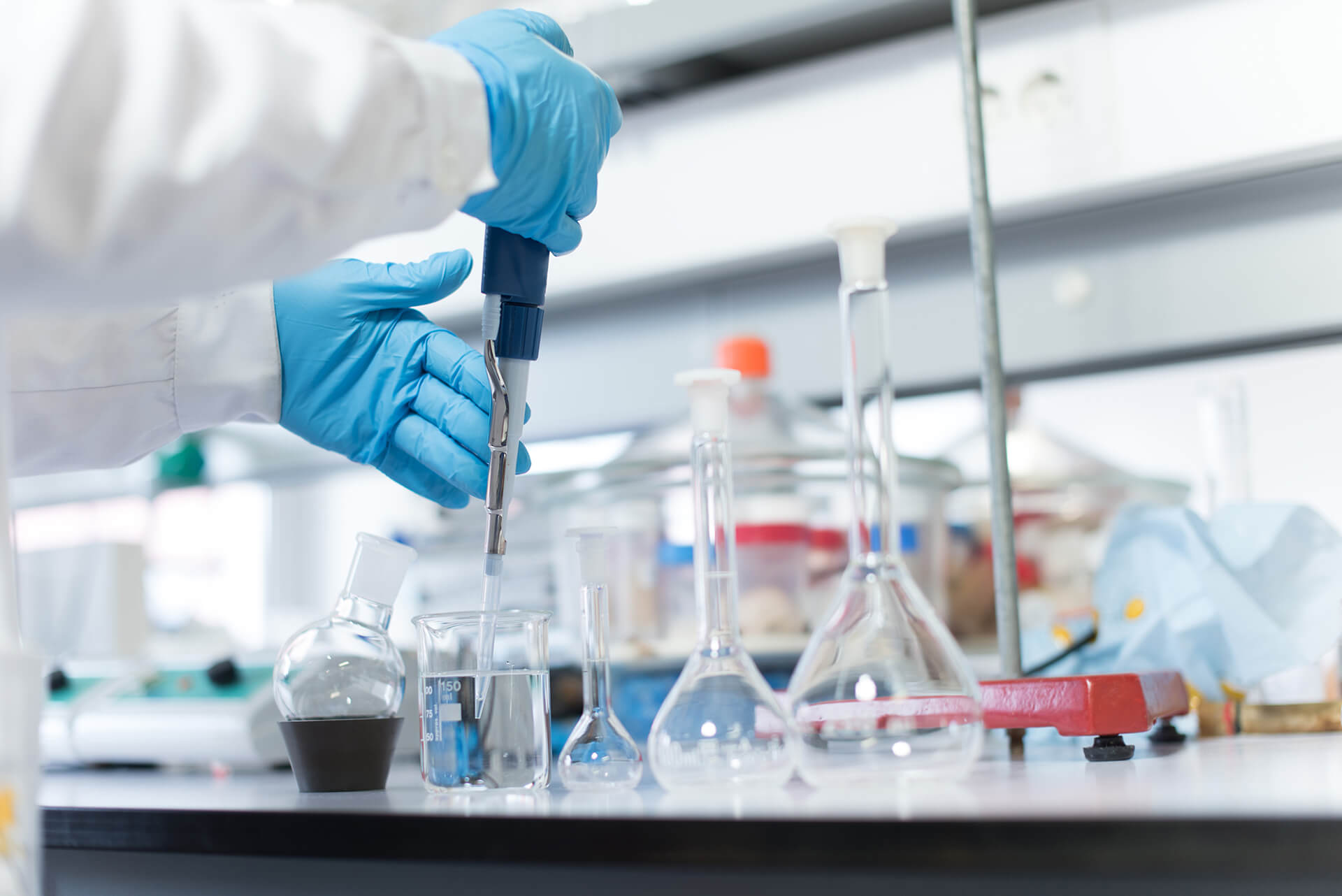
Thiourea, especially used in copper ore leaching, has many advantages. For example, the leaching efficiency is high, the applicability is wide, and the cost is low.

Thiourea dioxide and insurance powder (sodium hydrosulfite) are both reducing agents, but they have some differences.

Storage measures: thiourea should be stored in a dry, ventilated and cool place, avoiding direct sunlight and high temperature. In storage and transportation, it is necessary to strictly abide by the regulations of dangerous goods to prevent contact with air, water, acid, oxidants and other substances.

hiourea can form stable complexes with metal ions, which can help stabilize the concentration of metal ions in solution and prevent them from being deposited prematurely or reacting with oxygen in the air to form oxides. This is especially important in the electroplating process, as it ensures that the metal ions are evenly distributed during plating, improving the uniformity and quality of the plating.

Thiourea (CS(NH₂)₂) is a chemical substance that is dangerous during production and use. The following is an overview of thiourea's hazards, covering its physicochemical properties, health hazards, environmental impacts, and safe handling measures.

In chemical analysis, thiourea, CS(NH₂)₂) as a masking agent has the following advantages